|
|
|
|
|
大连理工大学、国科温州研究院两位专家讲述简智能体机器人集群 |
|
|
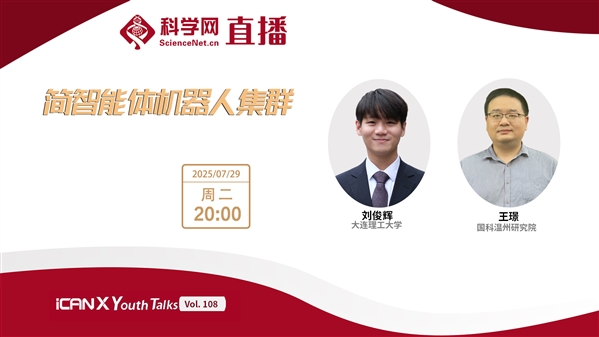
直播时间:2025年7月29日(周二)20:00-21:30
直播平台:
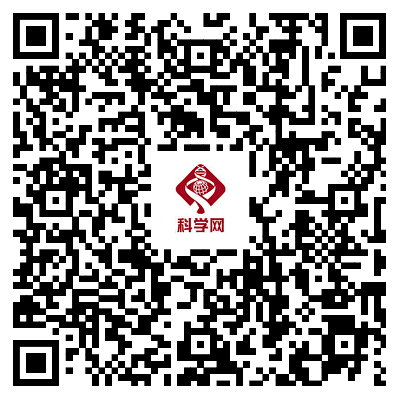
科学网APP
https://weibo.com/l/wblive/p/show/1022:2321325193753341591762
(科学网微博直播间链接)

科学网微博

科学网视频号
北京时间7月29日晚八点,iCANX Youth Talks第108期邀请到了大连理工大学教授刘俊辉,国科温州研究院副研究员王璟担任主讲嘉宾,清华大学副教授李曙光,中国科学院沈阳自动化研究所研究员杨丽英担任研讨嘉宾,中国科学院沈阳自动化研究所研究员杨永良担任主持人,期待你一起加入这场知识盛宴。
【嘉宾介绍】
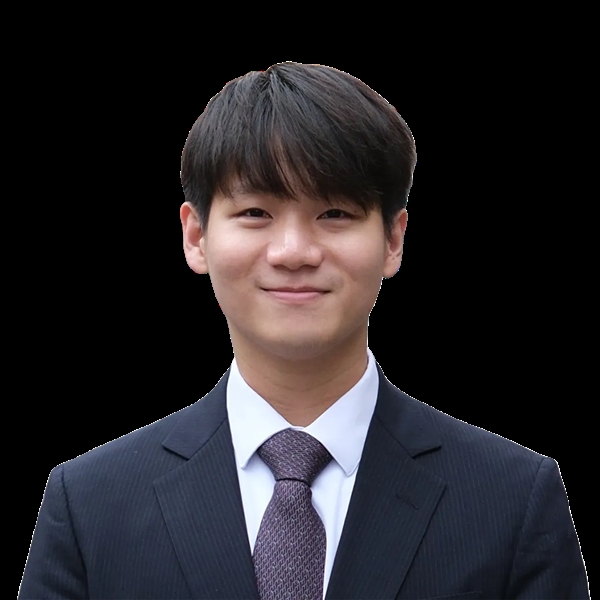
刘俊辉
大连理工大学
微纳机器人集群:科学与应用
ABSTRACT
Living swarms widely exist in nature. Various types of patterns and structures are formed by thousands and even millions of individual creatures, such as bacteria colonies, bird flocks, and insect swarms. Since the 1990s, researchers have been leveraging natural swarm behaviors and intelligence for developing swarms in robotics, where groups of robots coordinate and cooperatively perform tasks. To date, for large-scale robots, swarm coordination has been designed for cooperative tasks, such as directional motion, obstacle traversal, cargo allocation, and environment exploration. At small scales, micro/nano robotic swarms have been developed where groups of micro/nanoscale agents receive remote guidance from operators to perform actions or tasks collectively. Different from large-scale robots, integration of onboard computational units on micro/nanoscale agents, such as particles and proteins, remains challenging due to size limitation, and thus the implementation of swarm coordination algorithm for inter-robot communication is inapplicable.
This talk will start with an introduction of the underlying principles of forming and controlling micro/nano swarms, followed by examples of clinical applications. The specific contents include physical field-guided swarming techniques for tuning “wireless communications” between micro/nano agents and how micro/nano swarms serve as tools to address clinical demands.
生物群体在自然界中广泛存在,从细菌菌落到鸟群、鱼群,数以百万个体通过协同作用展现出大规模有序群体行为。自20世纪90年代起,受自然界群体智能的启发,研究人员开始开发具有自主协同作业能力的集群机器人系统。在宏观尺度上,大型机器人集群能实现协同导航、避障、物资运输和环境探测等任务。而在微观尺度,由于微纳单元(如颗粒、蛋白等)难以集成计算模块,传统机器人集群的通信与控制方法无法满足需求。为此,微纳机器人集群系统通过远程引导大量微纳米级单元实现群体协同运动与功能化操作。
本次报告将介绍微纳集群涌现机制及其医学应用,主要内容包括:1)基于物理场调控的微纳集群通信技术,如利用磁场、光场、声场等方法实现群体协同引导;2)面向临床需求,如血管栓塞、血栓清除、造影辅助等微纳集群技术方案。
BIOGRAPHY
Junhui Law is a professor in the Institute of Robotics and Intelligent Systems at Dalian University of Technology. He received his PhD degree (2023) and completed his postdoctoral research (2024) at the University of Toronto. His research interests mainly focus on micro/nanorobotics, especially on developing actuation strategies, enabling micro/nanorobots to perform complex tasks with great precision using magnetic fields. He is also interested in swarm intelligence at the micro/nanoscale and developing small-scale devices for healthcare. He has published over 20 journal papers. His work was awarded 2023 Frontiers of Science Award from the International Congress of Basic Science (ICBS), NSERC CREATE Healthcare Robotics Award, Mitacs Accelerate Award, 2025 TMECH Best Paper Award Finalist, and 2022 Microsystems & Nanoengineering Outstanding Paper Awards.
刘俊辉,大连理工大学,机器人与智能系统研究院教授,博士生导师。香港城市大学电子机械工程专业,多伦多大学机械工程博士与博士后。主要从事微纳机器人和医疗机器人理论基础与应用基础研究,围绕物理场驱控、微纳集群涌现、微纳机器人精准控制等方向开展技术攻关,致力于研发机器人医疗应用技术与装备。近五年在Science Advances、T-MECH、ACS Nano等国际期刊发表 SCI 论文20 余篇,美国专利授权1项。获首届国际基础科学大会 “Frontiers of Science” 前沿科学奖。
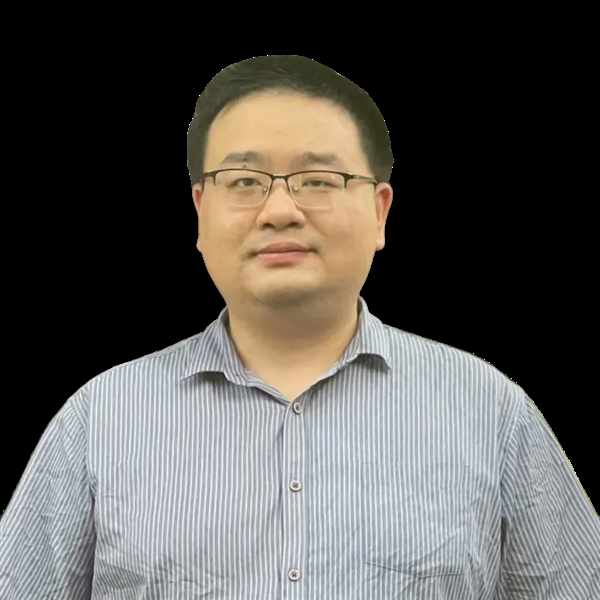
王璟
国科温州研究院
面向未来功能材料的机器人物质
ABSTRACT
Traditional functional materials, constrained by inherent characteristics such as static structural rigidity, fixed response patterns, and complex synthesis processes, exhibit significant limitations in adaptive control capabilities and functional scalability. They struggle to meet the demands of dynamic environments, complex operating conditions, and multiple tasks. Following breakthroughs in cost reduction for micro-robotics and swarm control technologies, a revolutionary material paradigm—"Robo-Matter"—has emerged. This material system utilizes minimalist robots as fundamental functional building blocks. Through self-assembling swarm mechanisms, it can achieve macroscopic material properties, such as autonomous environmental responsiveness, dynamic functional programmability, and multi-modal property integration. Furthermore, Robo-Matter can integrate with bioactive materials, adaptive evolutionary algorithms, and other advanced technologies. This convergence promises to transcend traditional material limitations, potentially enabling paradigm-shifting applications in intelligent manufacturing, precision medicine, and environmental exploration.
This presentation will introduce our groups pioneering work in constructing Robo-Matter systems based on minimalist-robot swarms. The specific contents include: (1) Establishment of the "Robo-Matter" conceptual paradigm and development of a minimalist-robot-swarm-based experimental system; (2) Proof-of-concept of Robo-Matter as a new type of reconfigurable multifunctional smart material; (3) Experimental verification of Robo-Matter as a new type of disorder hyperuniform material and study on the regulation phase diagram.
受制于静态结构刚性、响应模式固定以及合成工艺复杂等固有特性,传统功能材料在自适应调控能力和功能扩展性方面存在显著局限,难以满足动态环境、复杂工况与多重任务的需求。随着微型机器人技术成本下降与集群控制技术的突破性进展,一种革命性的材料范式——"机器人物质"应运而生。该材料体系以简智能体机器人个体作为功能基元,通过集群自组织机制实现宏观材料特性,可具备环境自主响应能力、动态功能可编程性、多模态特性集成等特性,并能够进一步与生物活性材料、适应性进化算法等技术交叉融合,有望突破传统材料局限,在智能制造、精准医疗及环境探测等领域中催生颠覆性应用。
本次演讲将介绍我们课题组基于简智能体机器人集群构建机器人物质材料体系的创新工作,具体内容包括:(1)“机器人物质”材料理念的提出与简智能体机器人集群实验系统的构建;(2)机器人物质作为新型可重构多功能智能材料的概念验证;(3)机器人物质作为新型无序超均匀材料的实验验证与调控相图研究。
BIOGRAPHY
Wang Jing, Associate Researcher at Wenzhou Institute of University of Chinese Academy of Sciences. Research areas: Swarm Dynamics, Robo-Matter, Fused Life System. Wang Jing pioneered the concepts of “Robo-Matter” and “Robot-Matter duality”, and implemented the experimental verification using swarms comprising ~1000 minimalist robots, demonstrating that the Robo-Matter systems’ broad functional capabilities and application potential have surpassed traditional inert/active materials. Additionally, leveraging minimalist-robot experimental platforms, he established a novel self-organization mechanism enabling stable disorder hyperuniform structures in active particle systems, providing a pathway for engineering next-generation disorder hyperuniform materials with ideal properties. His research findings have been published in prestigious journals such as Nature Communications, PRL, and PNAS.
王璟,国科温州研究院副研究员。研究领域:集群动力学、机器人物质、融合生命系统。王璟提出了“机器人物质”与“机器人-物质二元性”两个概念,并通过由上千个简智能体机器人组成的集群进行了实验上的概念验证,展现了机器人物质系统所具备的超越传统惰性与活性材料能力的广泛功能性与应用潜力;基于简智能体机器人实验系统,提出了一种在活性粒子系统中实现稳定无序超均匀结构的全新组织机制,为制备具有理想特性的新型无序超均匀材料提供了途径。研究成果发表在Nature Communications, PRL, PNAS等期刊。
【主持人】
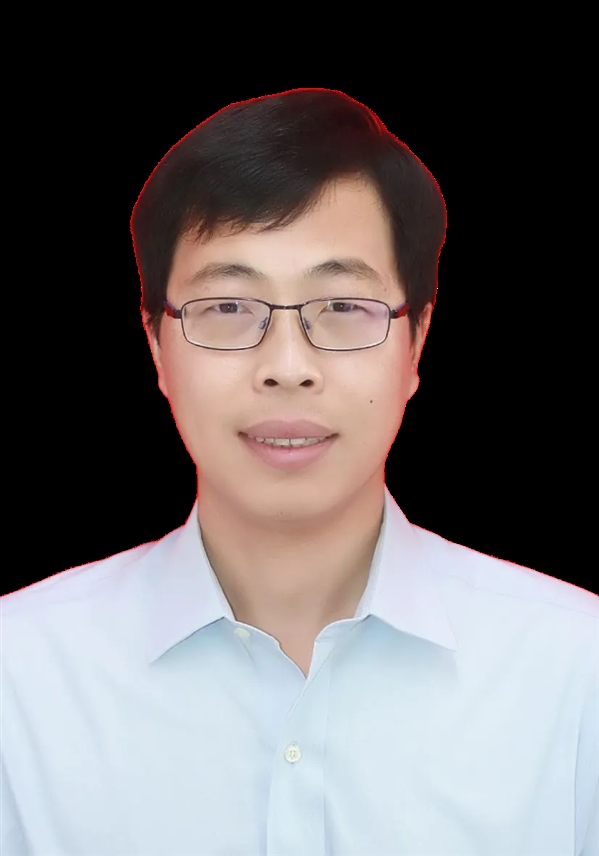
杨永良
中国科学院沈阳自动化研究所
【研讨嘉宾】
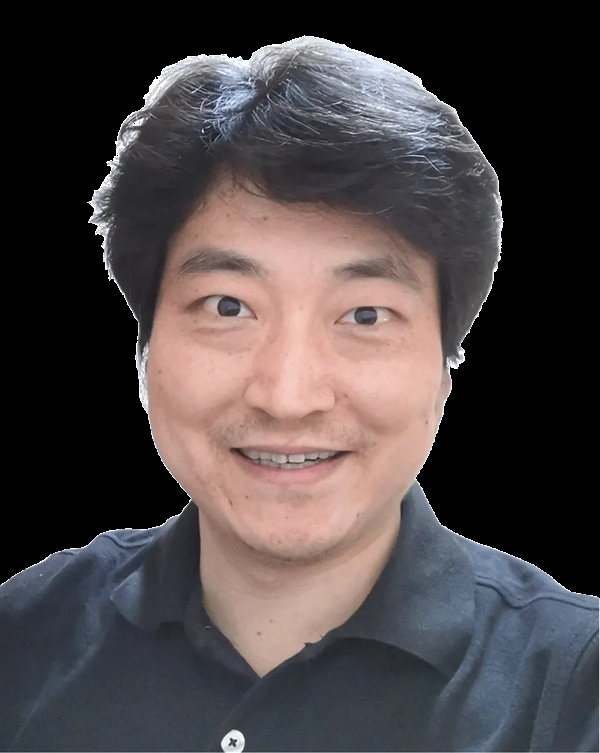
李曙光
清华大学
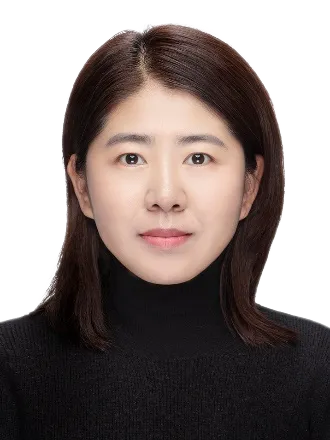
杨丽英
中国科学院沈阳自动化研究所
特别声明:本文转载仅仅是出于传播信息的需要,并不意味着代表本网站观点或证实其内容的真实性;如其他媒体、网站或个人从本网站转载使用,须保留本网站注明的“来源”,并自负版权等法律责任;作者如果不希望被转载或者联系转载稿费等事宜,请与我们接洽。